Do you realize how much hard water costs you?
We’ve been installing water softeners for 44 years, but today many people consider them a luxury. So we’ve put together some facts for you.
A recent article by Money Talks News lists these effects of Hard Water:
- Calcium rings or deposits in tubs, sinks, or dishwashers
- Spots on dishes or shower doors
- Reduced foaming and cleaning abilities of soaps and detergents
- Reduced hot water supply
- Dingy and yellowed clothes with soapy residues
- Clogged pipes, shower heads, or faucets
- Leaky pipes
Over 85% of homes in Canada have hard water, but you should get yours tested. Most water treatment companies offer water tests (ours is free), or you can contact a lab. If you have municipal water you can contact your water authority. Private water supply owners can contact their public health unit.
So what do the numbers mean?
Surface water in Southern Alberta runs from 7 – 18 grains per gallon hardness – pretty hard.
If You Have Hard Water What Do You Do About It?
You are guessing I’m going to say get a water softener aren’t you? Good guess. You can rent or own water softeners. The choice is yours. We generally feel that if you are going to have the softener for more than 4 years, it is probably cheaper to own it. However, many home owners choose to rent simply so they never have to worry about service or replacement.
The Water Quality Association commissioned a study that found that water softeners are one of the best ways to save energy. They keep water heaters and appliances running efficiently, and they keep shower heads and faucets flowing freely.
This past year, another study funded by the WQA – and conducted by a different company – found that water softeners also allow you to wash your clothes in cooler temperatures and to use less laundry and dish detergent. In other words, they’re saying that if you have a water softener installed, your clothes will come out just as clean even though you reduced the temperature and detergent by 50 percent.




